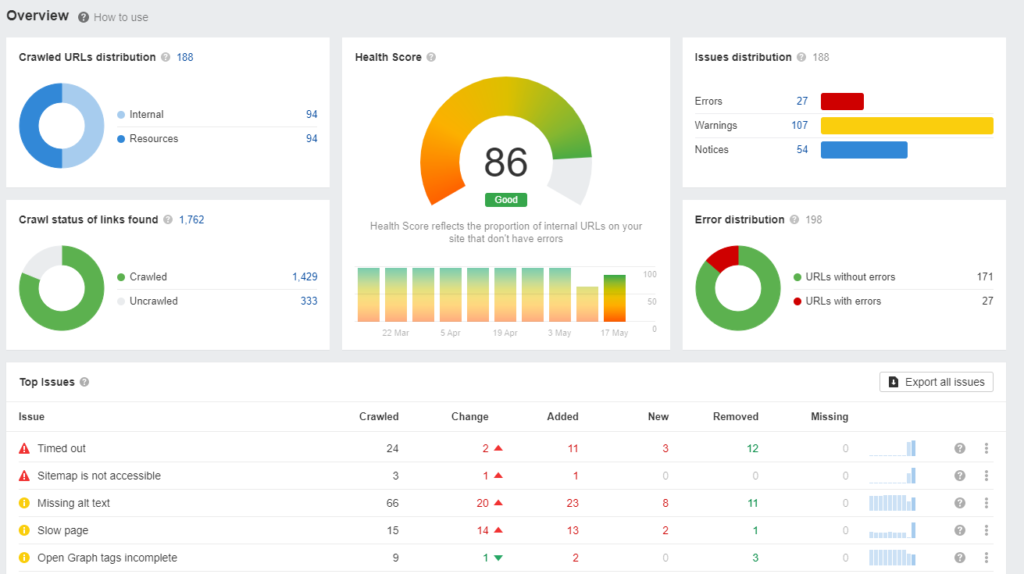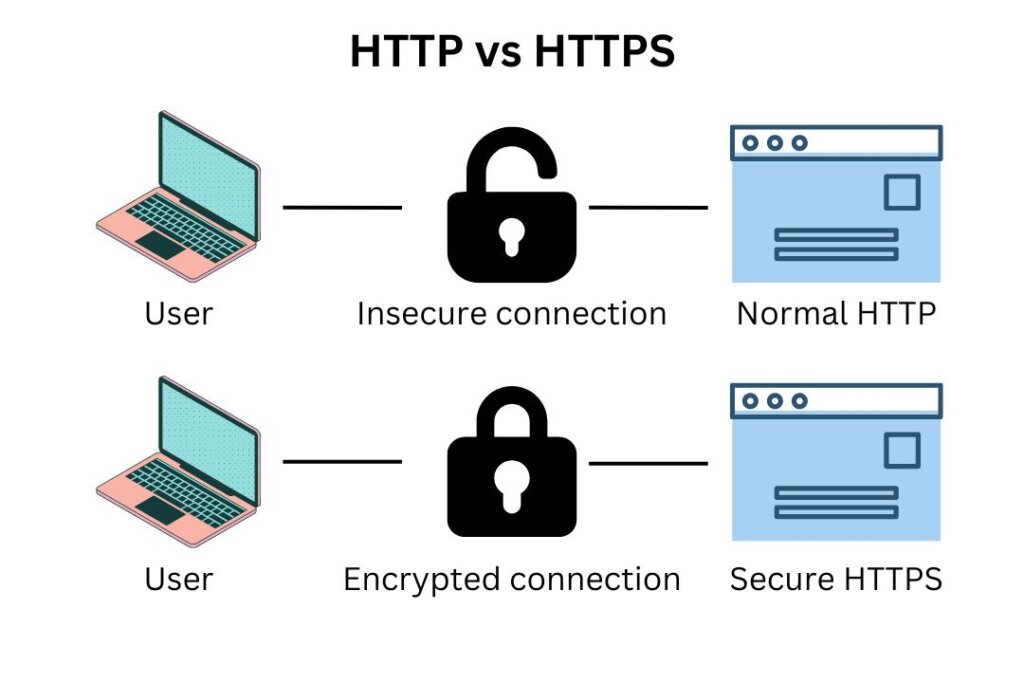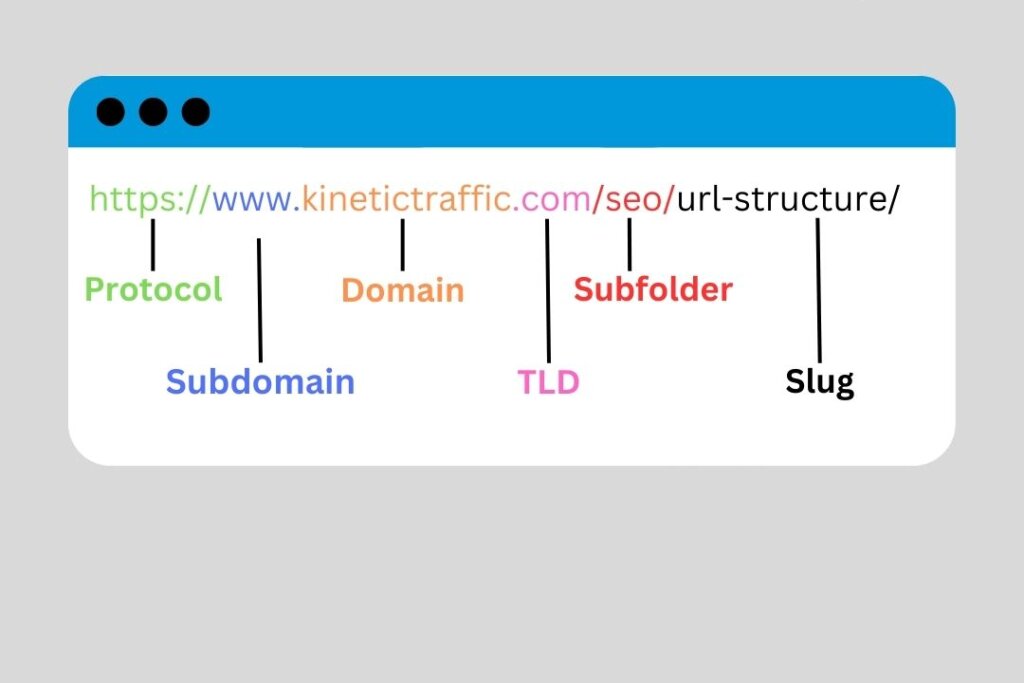How to Improve Your Website’s Integrity
Maintaining website integrity is a key part of any SEO strategy. To award your law firm’s website a high ranking for your chosen search terms, Google must first know that you can be trusted.
If your site is filled with errors, out-of-date content, broken links or Black Hat SEO Techniques, it will send up red flags to the search engine, and this will cause your ranking to suffer.
With that in mind, our team at Kinetic Traffic are offering you some tips on how to improve your website’s integrity and increase your chances of ranking highly for relevant search terms.
Contents
What is Website Integrity?
Site integrity is defined as “a website’s ability to function correctly and remain accessible.” In other words, it’s the measure of how well your site functions and how easy it is for users to access the information they need.
Site integrity alone won’t guarantee a high ranking, but it’s a necessary piece of the puzzle. If your site is lacking in this area, it’s time to take action.
Perform Regular Site Audits
One of the best ways to ensure the integrity of your website is to perform regular site audits.
Just like going to the dentist for a check-up is an important part of maintaining good oral health, regular site audits are key to keeping your website in tip-top shape.
A site audit is basically a comprehensive check-up of your entire website. You’ll want to look for things like broken links, duplicate content, 404 errors, and missing titles or meta descriptions.
A site audit will help you identify any technical issues that may be affecting your site’s performance so that you can fix them and stay in Google’s good graces.
SSL Certificates
Another way to improve your website’s integrity is to ensure that it has an SSL certificate.
SSL (Secure Sockets Layer) certificates are what enable websites to create secure connections between browsers and servers. This is important because it helps protect sensitive information, like credit card numbers and passwords, from being intercepted by third parties.
Google has stated that they give preference to websites that have SSL certificates, so this is one area you definitely don’t want to skimp on.
Update Your Content Regularly
Another important part of maintaining website integrity is keeping your content up-to-date.
If your website is filled with outdated information, it’s not going to instil confidence in potential clients. Furthermore, Google is more likely to prioritise a website with fresh, relevant content over one that is stale.
Make sure to regularly update your blog and any other static pages on your site to ensure that the information is current and accurate.
Keep Your Design Up-to-Date
Another important aspect of ensuring and maintaining website integrity is keeping your web design up-to-date.
Your website may have looked cutting-edge a few years ago, but the internet is constantly evolving. If your site looks dated, it will reflect poorly on your law firm.
Investing in a fresh, modern design will not only improve the look of your site. It will also make it more user-friendly and easy to navigate. This is crucial for keeping users engaged with your content and coming back for more.
In addition, a well-designed website will be responsive, meaning it will adjust to fit any screen size. With more and more people accessing the web on their mobile devices, it’s essential that your site can be viewed on a small screen without sacrificing its functionality.
Keep Your URLs Clean and Simple
The next tip for maintaining your website’s integrity is to keep your URLs clean and simple.
Your URL structure should be easy for both users and search engines to understand. That means using keywords in your URLs whenever possible and avoiding long, complicated strings of letters and numbers.
In addition, it’s important to use hyphens to separate words in your URLs. This makes them easier to read and helps search engines index your site more effectively.
For example, a clean and simple URL for an article about estate planning would be something like:
mywebsite.com/estate-planning
On the other hand, a long and complicated URL might look something like this:
mywebsite.com/blog/category=12&subcategory=24&postid=345
The first example URL is much easier to read and remember, while the second one is more likely to confuse users and send them running in the other direction. And where users go, Google follows.
Final Thoughts
Improving and maintaining the integrity of your website is essential for any law firm that wants to rank well in Google and keep potential customers coming back. However, it’s only one piece of the puzzle. To gain a more complete picture of what a successful SEO strategy requires, download our free ebook now or get in contact with our team at Kinetic Traffic.
Lead your law firm towards the best results.
Get in touch with our team and let’s talk about your marketing needs.













